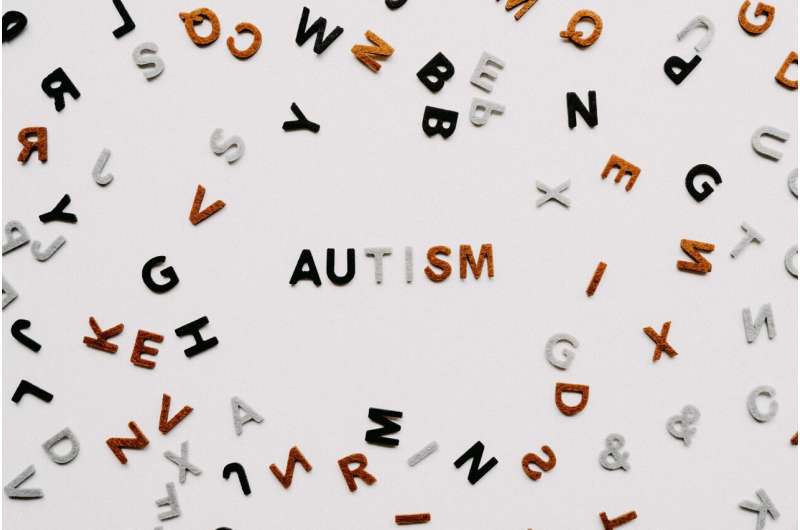
Q: My teenage son has autism and I want to help him navigate the transition to being an adult, including adult health care. How can I do this?
A: We all go through transitions in life. Some of these transitions just happen without any fanfare, like when your infant became an active toddler. Others go more smoothly when we prepare and plan.
If you are a parent or caregiver of someone with autism spectrum disorder, preparing them and yourself for the transition to adulthood can be a game-changer. Planning can be the difference between a successful transition and a stressful situation for both the teenager on the autism spectrum and their parent or caregiver.
You may feel overwhelmed, but you are far from alone. Over the next decade, an estimated 707,000 to 1,116,000 teens will enter adulthood and age out of school-based autism services. And they will need ongoing medical care and support in their daily lives.
Here’s what we know: People on the autism spectrum tend to like predictability. Change can be hard, and transition to adulthood is all about change. It starts happening around age 12 and continues into adulthood: body changes caused by hormones, environment changes with school and health care, life skill changes with responsibilities and roles and so much more. Legally things change at 18, too.
It’s a good idea to start thinking about the transition to adulthood when your child is about 12. Giving teens on the autism spectrum time to plan and prepare can make a huge difference. Transition steps may include health care planning, what to do after high school, legal changes after age 18 and daily living plans.
Don’t hesitate to ask your pediatrician for guidance and support. Pediatricians can help you find an adult health care specialist, for example. They can also guide you to local and national resources to help you and your child create plans for the future.
GotTransition.org is one example of a trusted resource with information on transition and health care. There is a quiz, resources, a helpful timeline, and FAQs for you and your child to help them prepare for the transition to adult care.
Regular visits with your pediatrician are critical to staying connected with them as a trusted resource who knows your child and their needs. As an expert in children and youth, they can help guide you and your child through the next stages of developing into an adult.
Pediatricians can model how shared decision-making looks with teens and also help them practice those skills. Each visit to the pediatrician gives your child a chance to develop skills around medical decision-making and assists them with their independence.
A critical part of transitioning to adulthood is helping your child develop their voice to advocate for their own health and wellness goals. Work with your pediatrician and your child to build those skills to navigate their health care, including making appointments, asking the doctor questions, finding out about medical privacy, filling prescriptions on their own and keeping track of health care information.
When children are engaged in setting their own health and wellness goals at a young age, it allows from a smoother transition.
Transition to adulthood is filled with many milestones. Just as when your child transitioned from infant to toddler and during the many stages that followed, your pediatrician is a vital partner in this stage of development.
Source: Read Full Article